“Born With It” was an entrant in a recent Jerry Jazz Musician Short Fiction Contest. While it was not chosen as the winning story, I was heartened by it and kept it in a file. I ran into it today and was reminded by how much I like it. It is a story of a young man touched by the power of love, family, and music. I hope you like it as much as I do.
Thank you to Rod Martinez for allowing me to publish it.
__________
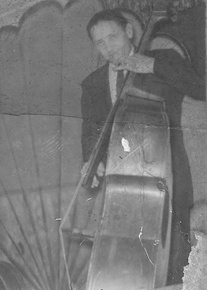
BORN WITH IT
by Rod Martinez
Do you remember growing up and always running into that one kid that just could do it all? Or at least did something better than you that you just wished you could do? It could have been art, sports, holding his breath under water – whatever it was it seemed it was a natural gift for him, like he was born with it. Who didn’t wish he or she was “born with it”?
During my childhood, I was always told I was special. Sure we all hear that growing up, and each one of us believes it. No one could make a bed as well as you, no one could prepare that tuna sandwich quite like you. I heard it a lot and I never quite got what the special thing was that they kept talking about; as far as I was concerned I was just a regular geeky kid who was smitten in comic books and Hanna-Barbera cartoons on Saturday mornings. I was raised by my paternal grandparents. My parents died when I was two. I spent more time with older people as a kid than I did with people my own age. I don’t know – for some reason I just felt a kindred spirit to my great-grandparents and uncles and aunts than I did with cousins and school friends.
One of my earliest memories was sitting with my great-grandfather, Jacinto Benitez, and watching him play the guitar. Papá (Pop-AH)– as we used to call him – was born in Puerto Rico in the late 1800’s and played old folk songs from Puerto Rico. He was a jibaro – what we Americans usually refer to as a hillbilly. But I recall going to his house several times in my childhood and asking “Papá, tocame la guitarra.” (Papá, play the guitar for me), and he would grab that old nylon string and break into a song in a heartbeat.
Later I learned from “Mom” (my grandma) that my biological grandfather also played an instrument. When she was young she fell for a musician on the island named Julio. It was the early 40’s and he played a standup bass in a salsa band in Puerto Rico. He was a ladies man and that’s how he and Mom hooked up. I have one picture of him – only one, and as you see it’s of him and his bass guitar. That marriage didn’t last, you see, he and Mom were soon proud parents of their only child, my father, and he skipped four years later.
Although he was gone long before I could even walk, my father left a forever impression on me through pictures and stories. Though I don’t remember him, his memory was kept fresh and it was like I knew him all of my life. The one story I heard a lot, and it was repeated by many people, was that he had a smooth singing voice and sang lead in a local doo-wop group in the late 50’s early 60’s of friends that went to high school together. I wish I could hear this awesome voice I had heard so much about, but no recordings exist. When he enlisted in the army, he played in a rock band. Turns out that he was a multi-instrumentalist. He played guitar, bass, piano, and drums. I thought that was impressive. Growing up, the only people I ever heard of that could do that were Paul McCartney and Prince.
Then, while in school in seventh grade, I was introduced to the guitar. Mind you I didn’t even think I’d learn to play. It was a semester class they started and I discovered that I was signed into it. First thing was, I needed a guitar. I went home, “Mom they signed me up for a guitar class in school, I need a guitar.” Right away Mom and my aunt rushed me to a music store and bought me a small student nylon string. I should have been excited, I wasn’t. This was going to infringe on my comic book reading and drawing. But I learned a few chords and I enjoyed the class. The next semester came and I put the guitar away and never messed with it again.
Or at least that was my intention. One thing interrupted that train of thought years later – high school. I started to get this urge to write – songs. I didn’t even know how to play an instrument, yet I wanted to write songs. I had discovered rock and roll and I wanted to emulate the songs I’d hear on the radio. So I pulled out a notebook and would write lyrics and then sing them to myself and tape record myself singing them and then trying to hum a guitar riff or bass line. Then the inevitable happened. I was seventeen, I was sitting in my room and “Hotel California” was on the radio. I sat up, listened to it, was humming the bass line and I said to myself “I bet I could play that bass line”.
I reached over and grabbed my guitar (I had always kept it tuned but never played it) and started playing. My fingers stumbled for a few seconds, then… Booom, bo bo boom, booom, do dit a bom, booom, bo bo boom… booom, do dit a boom. If you know “Hotel California” you know the bass line… I freaked out.
“Oh my God, I’m a musician!” I said. I’ll never forget that day. I ran to the kitchen. “Mom I can play – I can play!” Soon guitar chords were coming out of nowhere, lead solo ideas were forming, keyboard chords happened… and I talked my pastor into buying a drum set for the church because “we need a drum-set in here and I’m going to play them.”
“Yeah ok” he said.
“No seriously Pastor, you have to buy them.” (My parents refused to buy me one so I went over their heads).
“Son, have you ever played drums before?”
“No, but I know I can play them, I just know I can.”
He relented and by Sunday we had a drum set in the church and to everyone’s (and my) amazement, I sat and I played them like I had been trained or something.
They say some people are born with it, I guess I can testify to that. That – of course – was years ago. I grew up, played in bands, recorded some music… then started a family and let it all go.
Then I had a son.
My son is into cars, TV and gaming. But when he was in fifth grade an acquaintance of mine gave me an old sax. I never learned to play saxophone. It stayed in the house for months then I decided to Craigslist it. When my son found out, he fought me on it. He wanted to keep it.
“Ok I’ll keep it, if you learn to play it.”
That year he signed up in band.
He’s twenty now, graduated from high school, going to college and has been playing the sax since fifth grade ’til graduation. He’s good. I’m proud. I guess he was born with it. Mind you, now in my 50’s, the bug bit again. My son has grown, and I was invited to join a local band. So – call it a “turn around.” I’m back onstage thumping bass lines to many classic rock songs I (and you) grew up listening to and wanting to emulate. In fact the one song we always get an ovation on – believe it or not – is “Hotel California”.
_____
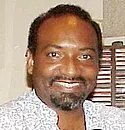
Rod Martinez was born and raised in Tampa, Florida and was attracted to words at an early age. His first book The Boy Who Liked To Read was created in grade school. His teacher kept it. Eventually he discovered comic books, but his high school English teacher told him to try short story writing. He wrote middle grade adventure The Juniors that was picked up by a publisher, and the rest, as they say, is history. Visit his website by clicking here.






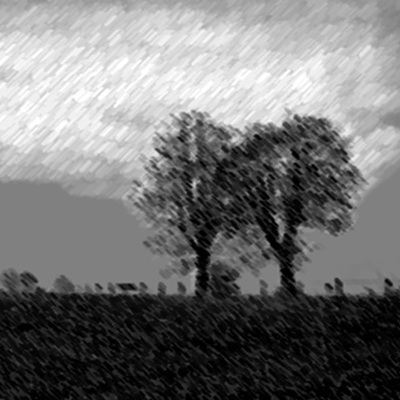
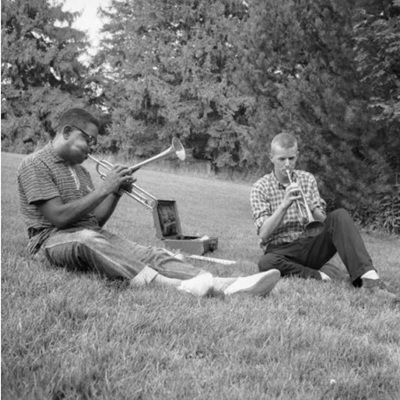


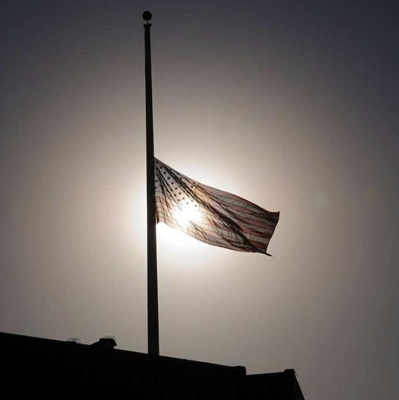





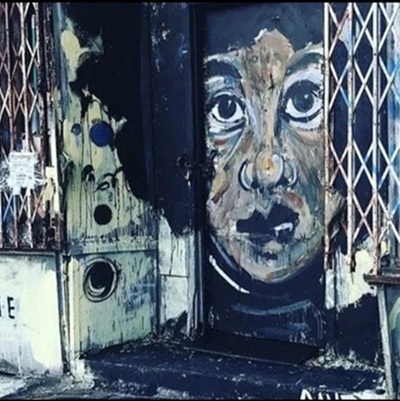




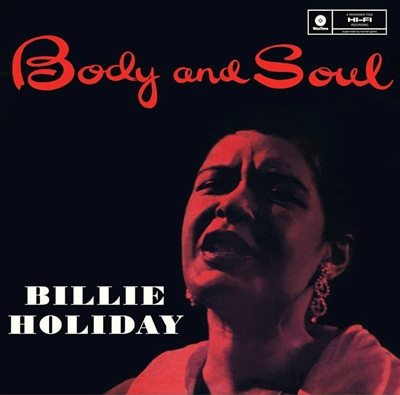
























I can see why this story stuck in your mind, to be recalled for later publication. It speaks of the stuff of history and heritage that creates us and follows us through our lifetime.
This is a heart warming story. I will read it to everyone.
an intimate story of a multi-talented man and his father and son; great stuff
Oh My Goodness! I love this story.